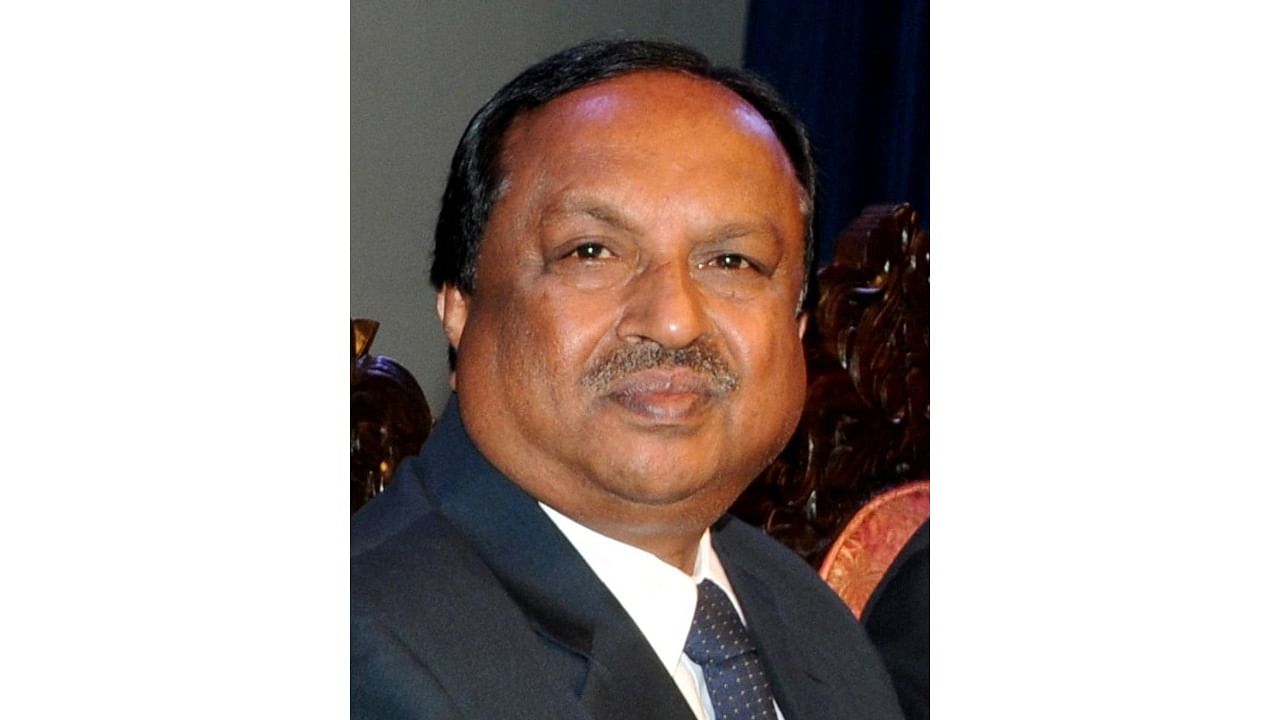
Retired High Court judge Justice H N Nagamohan Das headed a commission whose July 2020 report led to the government deciding on increasing SC/ST reservation in the state. Justice Das sits with DH’s N B Hombal to discuss reservation and all issues surrounding it. Excerpts:
What are the key findings of your commission on the status of SC/STs?
One of the key findings is the pathetic condition of nomadic tribes, which needs to improve as they still live in abject poverty. Their education level is too low compared to other SC/ST communities. The irony is that despite reservation existing for over 70 years in the country, only a minuscule section of SC/STs has seen upward mobility.
What measures has the commission recommended to overcome these shortcomings?
A separate development corporation needs to be established to empower nomadic, semi-nomadic and primitive tribes. There’s no dearth of funds. For instance: The government has a cattle loan scheme for SC/STs. It sounds good on paper, but it might not work for nomadic and semi-nomadic tribes who are constantly moving. How can they rear cattle? Where can they sell milk and in which society?
Will establishing a corporation be enough?
It’s time for governments to think of internal reservations. The government can’t rush to take decisions on this as it needs a detailed study. The government also needs to set aside at least 10% of total allocation made under the Scheduled Castes Sub-Plan and Tribal Sub-Plan (SCSP-TSP) for the development of education facilities for SC/ST children.
What are your views on dominant communities demanding reservations?
Agriculture is in distress. Unemployment is rising. Farmers have been caught in a vicious cycle of accumulated debt. Many farmers who haven’t been able to repay loans have resorted to suicide. Farmers have become paupers economically and socially. They’re not in a position to provide good education to their wards. Even if their children get educated, they remain unemployed. This is causing frustration among dominant communities, leading to agitations across the country demanding reservations.
Is there no solution to this problem?
Governments need to revamp the reservation policy itself. The problems of internal reservation, creamy layer and reservation in promotion must be addressed, and not on an ad hoc basis. So far, governments have taken only ad hoc measures. There’s no structured policy in place to categorize castes in the country. As long as the government fails to create employment opportunities and guarantee equal pay for equal work, demands will be there.
Your commission recommended a hike of two percentage points for SC and four for STs. Where will the additional six percentage points be drawn from?
The government will have to draw it from the general quota. The 10% Economically Weaker Section (EWS) reservation exclusively meant for general castes has come into force. General quota is not just for dominant castes alone. It also means other castes compete in the general category. Hence, drawing from the general quota won’t hurt the other castes’ interests.
Does the 9th Schedule guarantee legal protection?
SC/ST reservation fixed in 1951 is continuing even after 70 years. The SC/ST population has increased due to inclusion of many castes. Educational and employment conditions of these communities are lower than that of the general category. In this circumstance, increasing quota will meet Constitutional goals like social justice, which doesn’t violate fundamental rights. In this context, the 9th schedule can protect the reservation increase.
On reservation, what should be the guiding force: adequate representation or proportional representation?
In this case, it’ll be adequate representation. Successive governments in the state have framed policies based on adequate representation. The government has already given political reservations based on ‘adequate representation’ criteria. Allocation of funds in the budgets is on the basis of proportion of population. Moreover, the commission was appointed to provide adequate reservation to SC/STs.
Has your commission made recommendations on the creamy layer?
We feel the government must find out whether SC/ST communities have been liberated from the clutches of untouchability and freed from the stigma attached to it. The government must confirm whether these communities have advanced from their primitive stage to higher civilization level. Moreover, in the name of creamy layer, the reservation provided to SC/STs shouldn’t become an advantage for upper castes.